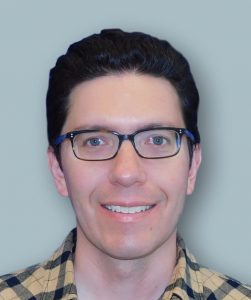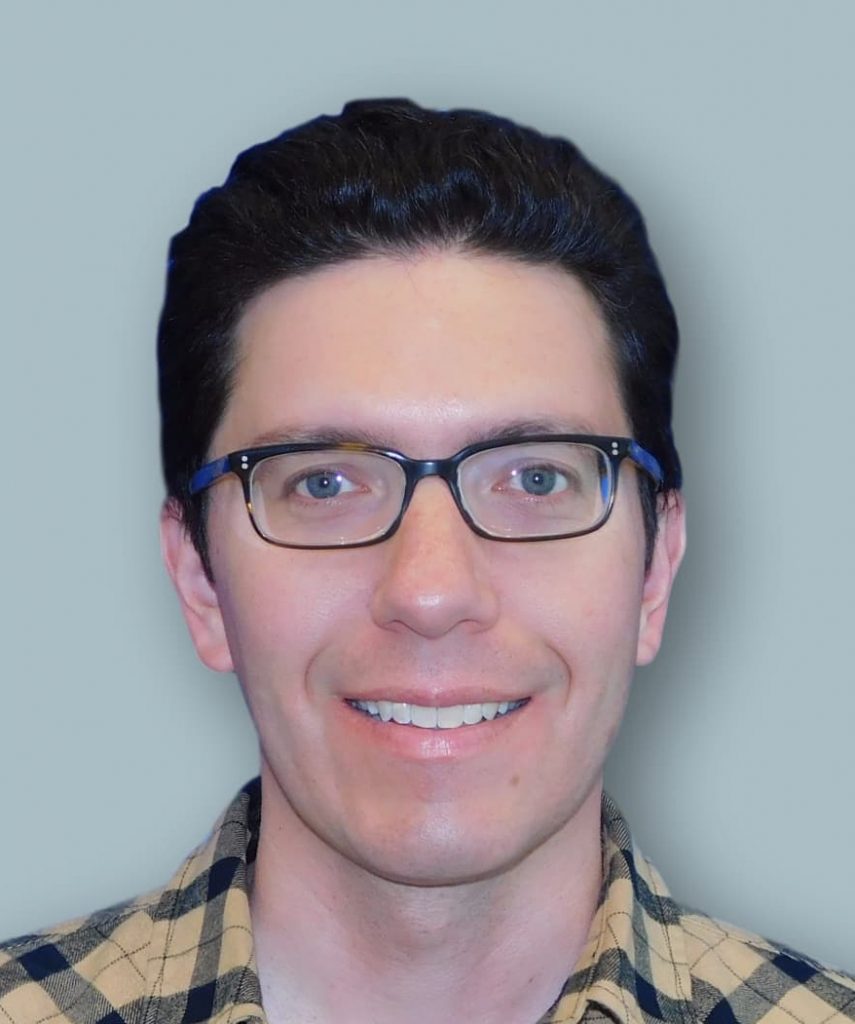New Faculty Profiles allow GSA members who are establishing their first labs to introduce themselves to our wider community. If you’d like to submit your profile, please complete this form.

David Garcia
Assistant Professor
Institute of Molecular Biology
University of Oregon
Lab website
Briefly describe the ongoing and expected research projects as your lab gets up and running.
We study prion proteins as a model for understanding epigenetic mechanisms that are important for RNA regulation. I studied the molecular basis for microRNA function during my PhD, and for my postdoc I wanted to study protein-based mechanisms that regulate RNA biology. I found a perfect example in prions because they are protein-based units of inheritance that change protein conformation and function. By focusing on enzymes that chemically modify RNA and also have prion behavior, we are working toward the goal of understanding how these chemical modifications can be regulated to promote adaptation to stress and new environments. Working in yeast empowers our discovery and profiling of these epigenetic states, and the RNA biology that we study is extremely well-conserved. In the future, we will search for conserved examples of these phenomena in metazoans, where it would be exciting to see if such regulation impacts development and disease.
If your position involves teaching, which subjects or courses are you expecting to teach?
I just began my position in December 2018 and have a break from teaching duties for the first year or so, but teaching will be an important part of my position in the near future. I think I would love to teach genetics and molecular biology. I am also interested in developing a course on inheritance, from postulated mechanisms from over a century ago up to CRISPR babies. I’ve really enjoyed reading Carl Zimmer’s She Has Her Mother’s Laugh, and I would like to use some of this material as a basis for lessons. Our understanding of inheritance has evolved over hundreds of years and still is evolving. I think it could be an excellent learning experience to review that history. Sadly, this subject is also rife with examples of tragic failures in human rationalization, which I think is also worth educating students about—how the misuse of scientific concepts or misinterpretation of data can lead to terrible, long-lasting social problems.
How has being a member of GSA helped you advance in your career? Why do you think societies like GSA are important?
I greatly benefitted from attending the GSA Yeast meeting last year. I met many generous scientists who offered helpful advice for getting my lab started. During the coffee break after a session in which I presented a short talk, Fred Winston, who was in attendance to give the Lee Hartwell Lecture, told me about a paper from his lab from 10 years prior that had some interesting data on a protein that I also study and had discussed in my talk. I think he might have even pulled out his iPad and showed me some figures. The GSA yeast community is warm, supportive, and innovative in their science. The Genes to Genomes blog is also a great resource for me and my lab to get updates on conferences, funding opportunities, and other relevant news.
Are you looking to recruit students and/or postdocs? If so, please describe and be sure to also post the opportunity to GeneticsCareers.org.
Yes, we are! Graduate student candidates can matriculate through either the Biology or Chemistry departments at the University of Oregon. Postdoc candidates can check out my lab website for more details about what information to send me.
What is your favorite thing about science or about your work?
I love mentoring. It’s so satisfying to see my trainees succeed, and I like the challenge of teaming up with them on a weekly basis to refine our questions and thinking and troubleshoot whatever impedes progress.
What do you like to do when you’re not at work?
Spending time with my family is a joy and a wonderful balance for my work. We love the outdoors, seeking out/cooking delicious food, and finding art and music. I also love playing music—I am a jazz drummer—and cycling (both road and MTB). Eugene is a famous running town, and I’ve enjoyed my regular runs on “Pre’s Trail” (designed by famous Oregon product Steve Prefontaine), which begins only a 10-minute walk from the lab. I confess, though, that I’m not fast!
Previous training experiences:
- BS, University of California, Santa Cruz
- PhD, MIT (with Prof. David Bartel)
- Postdoctorate, Stanford University School of Medicine (with Prof. Daniel Jarosz)













